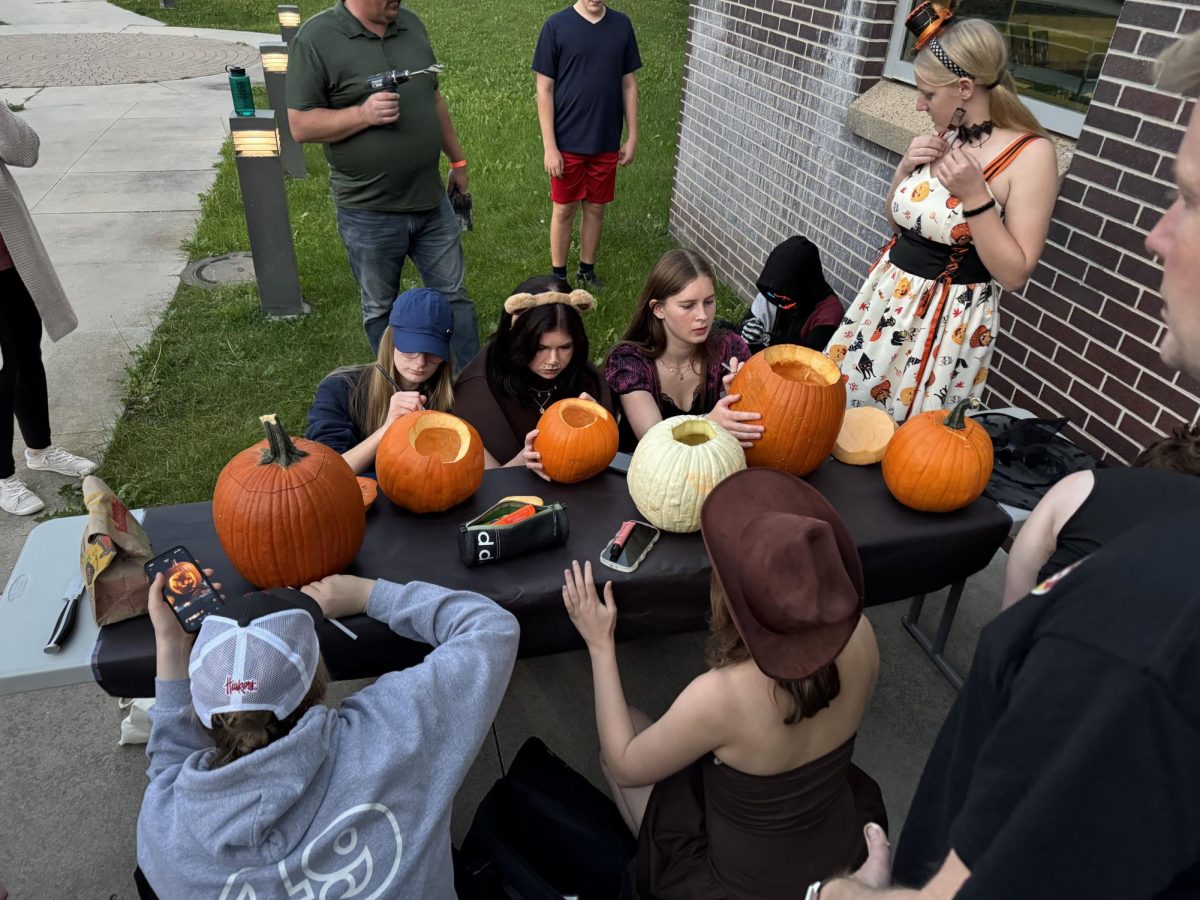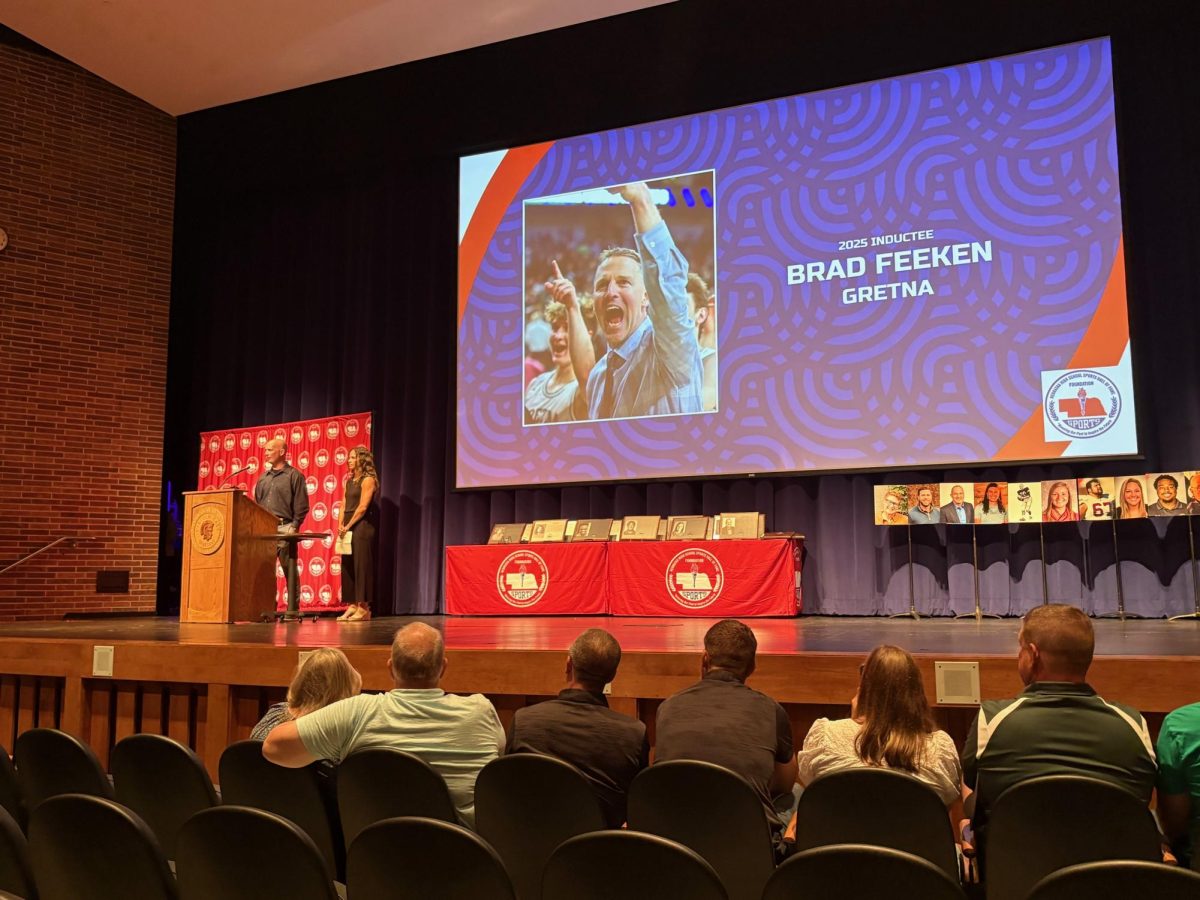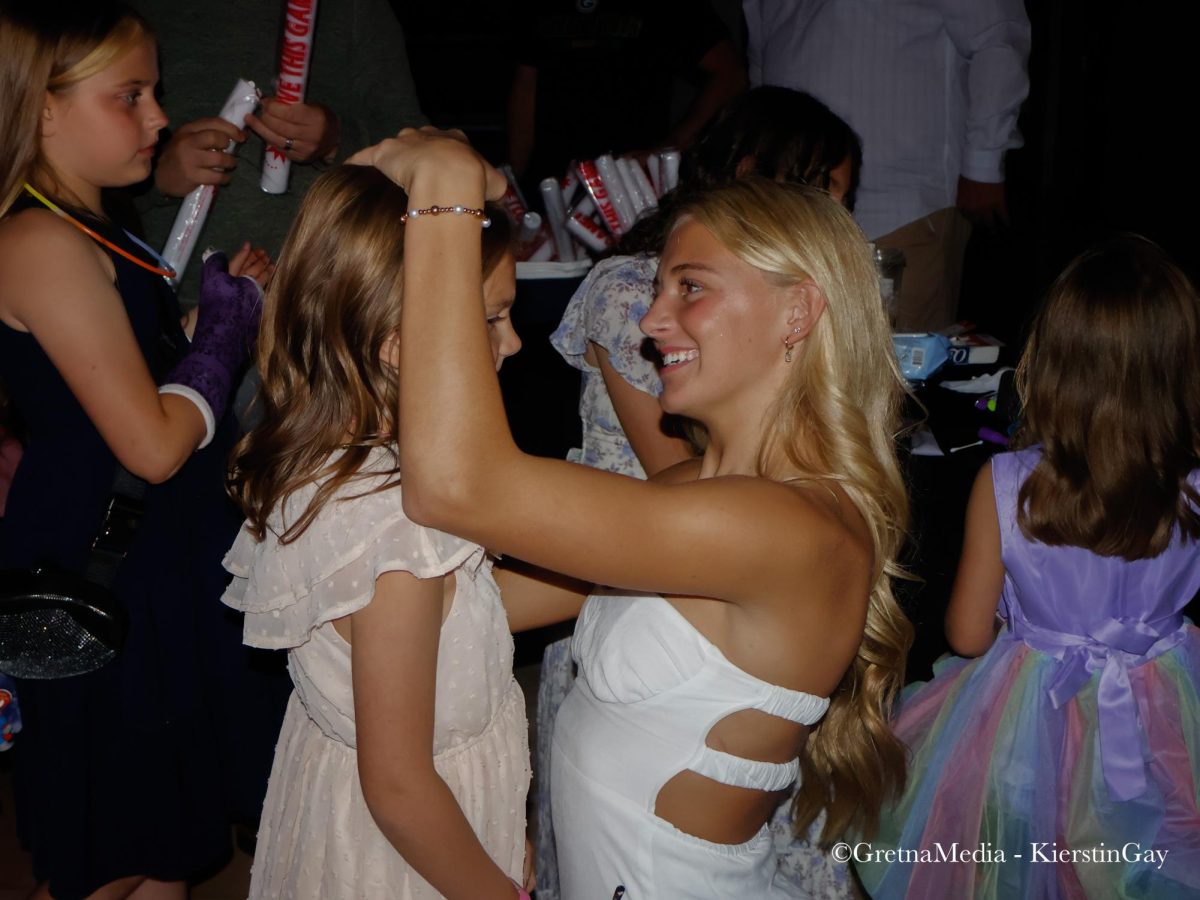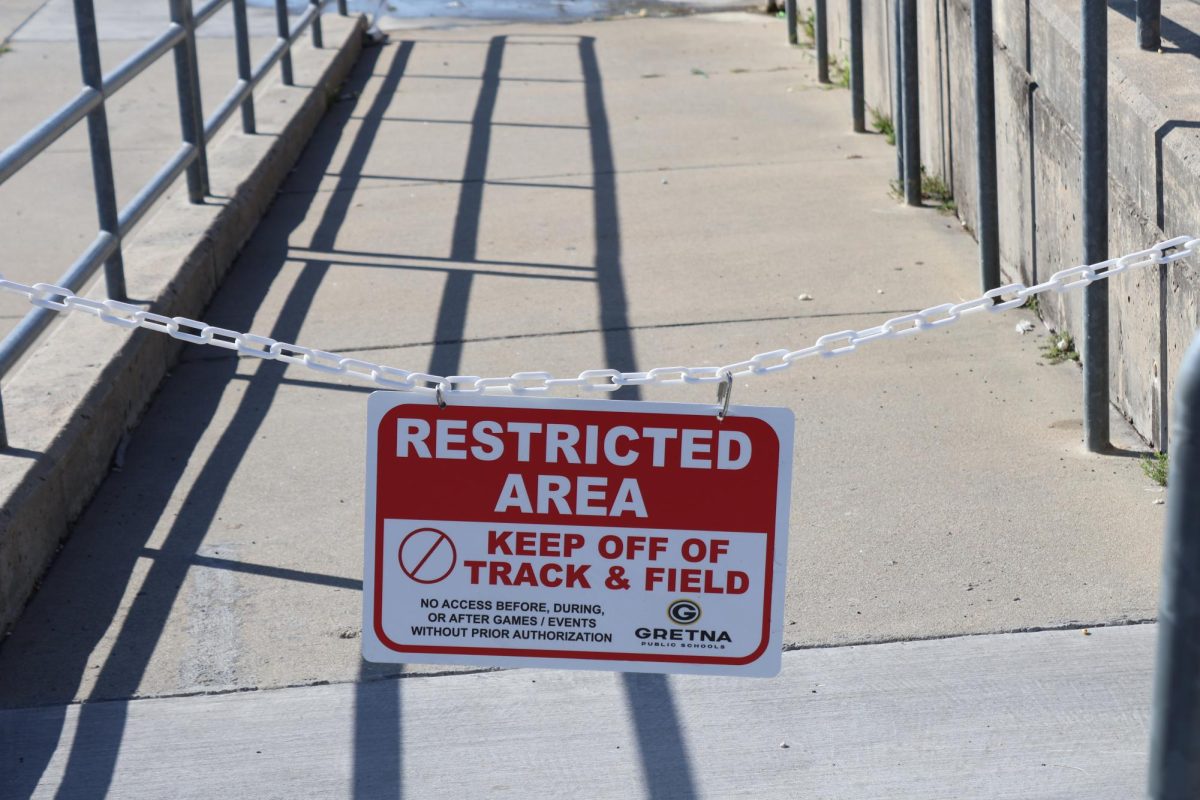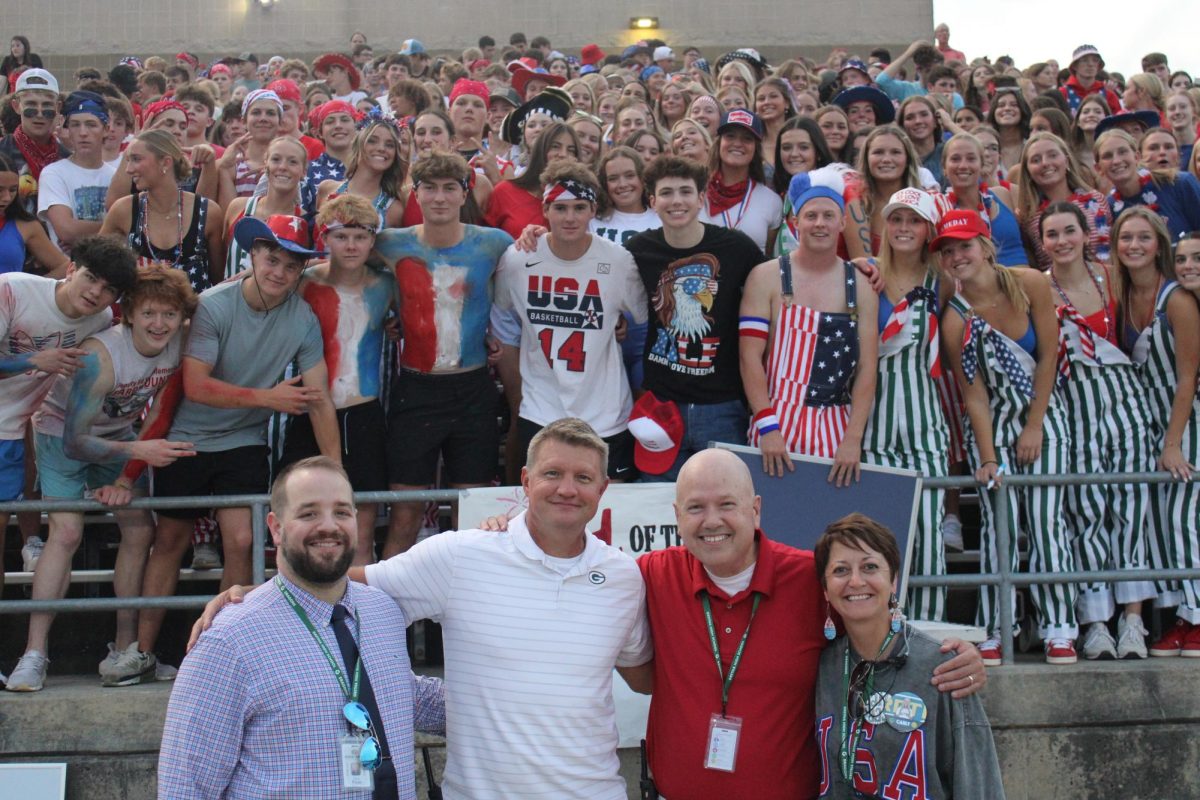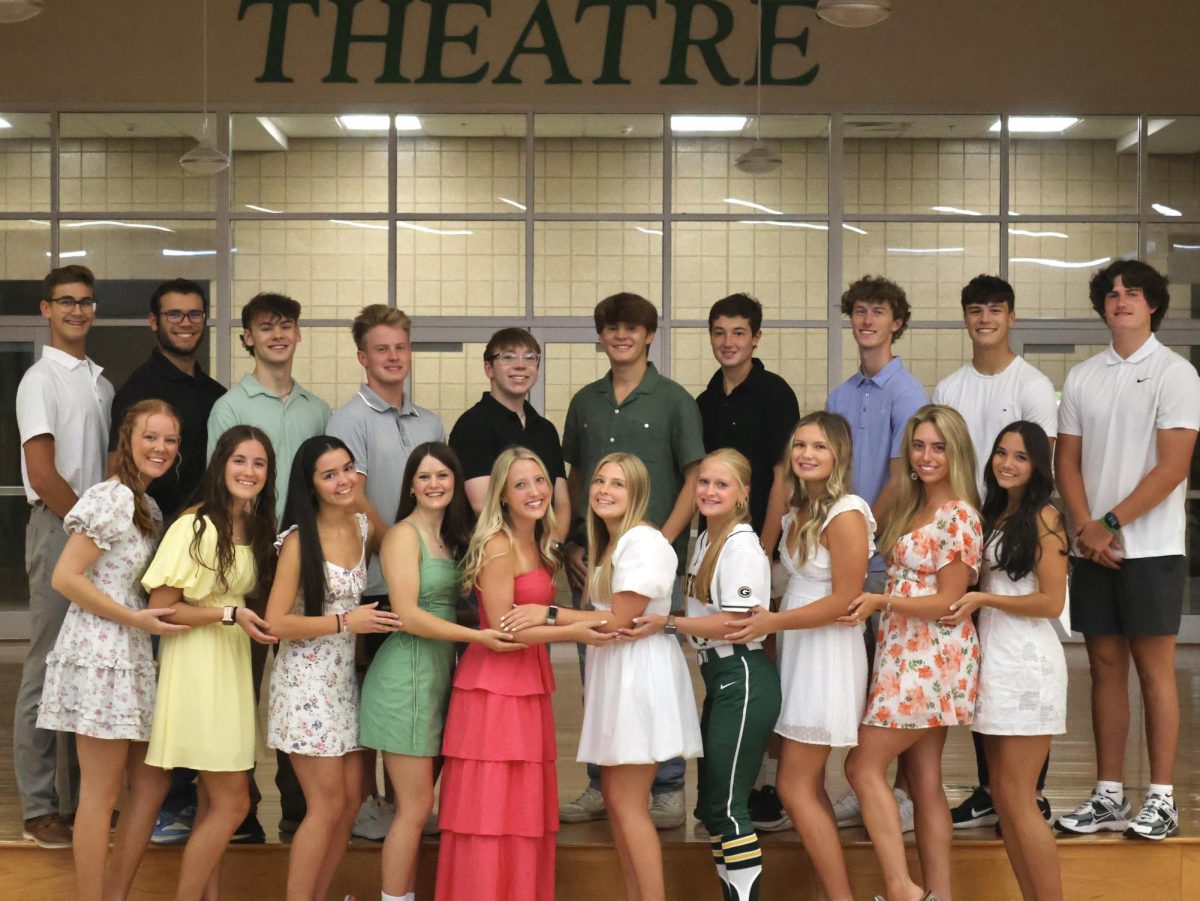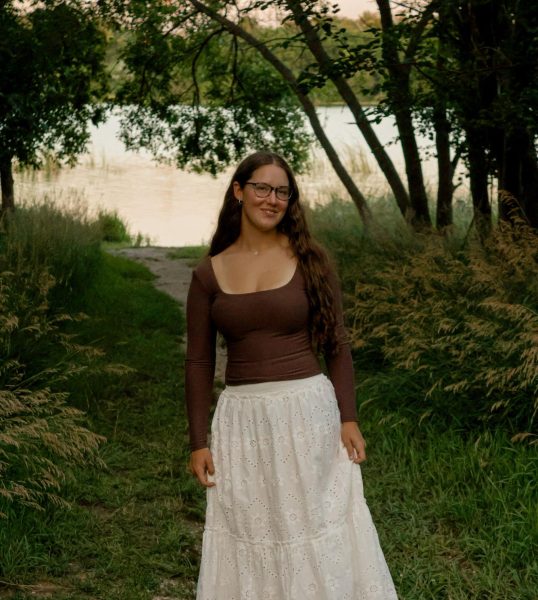Junior Ben Wilderdyke has been awarded an all-expenses paid trip to Germany for an entire academic year, beating the odds of being one of the 1% of people who get to experience this amazing opportunity. The trip is almost fully funded by the U.S. Congress and the German Bundestag (German government). He will be there for 11 months through the Congress Bundestag Youth Exchange program (CBYX). This opportunity will provide Wilderdyke with a round-trip from here to Germany, any transportation needed in Germany, a monthly stipend and tuition and academic materials.
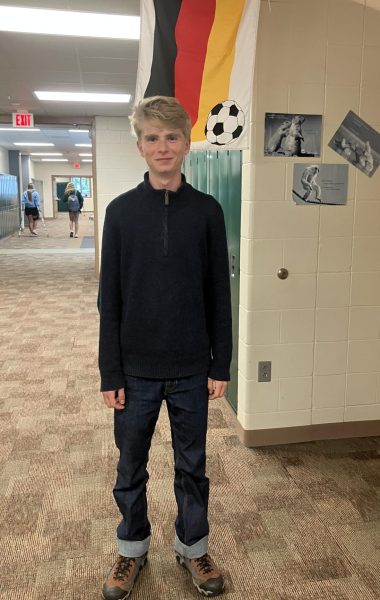
There were multiple steps he had to take to earn the trip, including writing seven essays about himself and other topics. After he was chosen as one of the finalists, he flew down to Dallas, Texas, for the interview.
“ It was pretty rigorous,” Wilderdyke said. “Because I woke up at 3:00 a.m., and then I got on a flight. And then I, like, actually got to the hotel room at, I’d say, around noon. And then from noon to basically 6 p.m., everyone was doing interviews.”
While he and the other students were not being interviewed, they were playing games and taking tests, all while being observed to assess their social skills while interacting with others.
Wilderdyke leaves alone on Aug. 8 for the CBYX. He will stay in a youth hostel for about a month before he is introduced to his host family, who he will be staying with for 11 months before he returns to the United States.
“I’m kind of using Germany as a buffer because I’m really stressed. Right now, where I’m at in my life with my associates, I feel like I’m not prepared to be an engineer,” Wilderdyke said.
Wilderdyke said he hopes that this trip will provide him with some clarity while continuing school in Germany. He also plans to explore the social culture and ways of life in a new country. He said he wants to expand his German knowledge, not only in speaking aspects, but also through societal exposure.
“ He’s going to, I think, find new aspects of himself that he didn’t know before, and he will learn new skills and communication that he didn’t have before,” Kellye Deane, the German language teacher at GHS said. “That is one of the things in going to a foreign country, particularly not just to visit, but for a longer period of time, that you get, which is actually one of the most sought after skills for future employment, is the ability to converse.”
Challenges are bound to arise throughout the trip, especially since Wilderdyke has never been out of the country before. He will have to find his way around problems in a completely different environment. For example, the language barrier, navigating transportation, cultural differences and making friends will also be significant obstacles he will have to overcome.
“ He’ll have to navigate new words and new things like that, and then he’ll have new experiences, which I don’t see as a problem,” Deane said. “It will be a challenge, but I think he will have no problem at all.”
Wilderdyke has taken German for three years. Deane has shared several stories from when she visited Germany. With this similar experience, Deane has been able to prepare him, telling him what to expect and the environmental differences.
“When I was an exchange student, that was the hardest thing for me was actually to make friends because we as Americans have different ways of making those connections,” Deane said.
Deane used the analogy that Germans’ personalities resemble coconuts, with a hard exterior that is difficult to penetrate. While Americans are more like peaches, soft on the outside, meaning they are more approachable and friendlier to strangers, but on the inside, they can be very hard and stubborn. So, making friends can pose a challenge for many people.
“It can be very, very difficult for German (and) Americans to mix on the long term,” Deane said. “They have usually not as transient populations, so they’ve had their friends for a long time, particularly when you’re at this stage. So, breaking into that, unless you have somebody that’s willing to open up and to invite you in, then it can be very hard to get to know people.”
Wilderdyke said he is confident that he will overcome those challenges and be able to discern and interpret social and societal cues in Germany.


